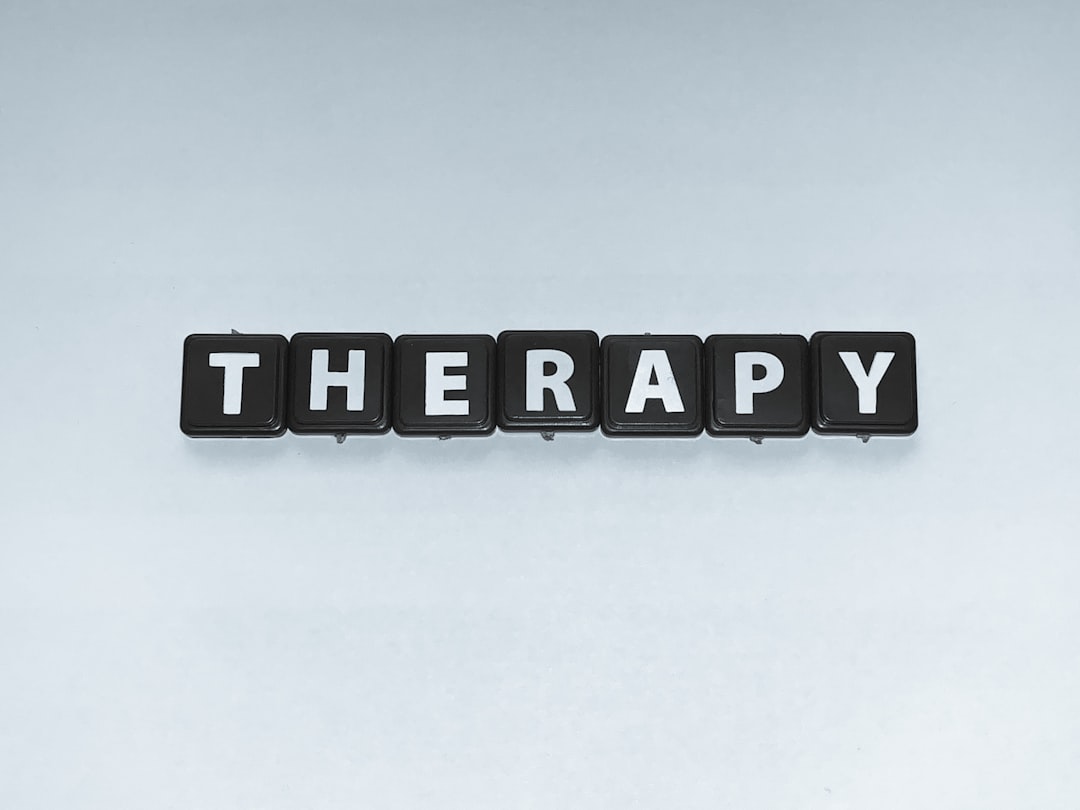What is it about?
In our study, we looked at how ChatGPT, widely adapted generative AI tool, can help university students come up with creative solutions to complex problems. We found that students who used ChatGPT felt more confident about solving problems, found the problems easier to tackle, and came up with better and more original ideas. However, even though ChatGPT helped in many ways, it didn't necessarily make the task more interesting for the students. Also, we noticed that some students using ChatGPT had a hard time judging how well they were doing on the tasks as they sometimes overestimated their performance, especially when they found ChatGPT very helpful or thought the task was easy.
Featured Image

Photo by KOBU Agency on Unsplash
Why is it important?
Our study dives into the increasingly relevant conversation around the role of generative artificial intelligence in education, particularly focusing on ChatGPT, a tool that's quickly gaining popularity among students for its ability to assist with various tasks. What sets our research apart is its timely examination of ChatGPT's effect on university students' problem-solving abilities, a critical skill set for academic and professional success. As technology and generative AI tools are evolving at an unprecedented pace, our study sheds light on how these tools can be harnessed to enhance learning and creativity. We move beyond the common narrative of fearing AI as a creativity killer, presenting evidence that, when used correctly, ChatGPT can significantly improve the quality, originality, and elaboration of solutions to complex problems. This is crucial at a time when the educational community is seeking effective ways to integrate technology into learning without compromising the development of critical thinking and problem-solving skills. Moreover, our research highlights an often overlooked aspect of using AI in education: the need for effective metacognitive strategies. By revealing that students may struggle with accurately assessing their performance when using AI tools, we point to the importance of teaching students not just how to use these tools, but also how to critically evaluate their work and the tool's contributions. This insight is particularly valuable for educators looking to incorporate AI into their teaching in a way that promotes deep learning and self-regulation. The implications of our findings are far-reaching. They not only contribute to the ongoing debate about the role of AI in education but also offer practical insights for educators, policymakers, and developers of educational technology. By understanding both the potential benefits and the challenges of using AI tools like ChatGPT, we can better prepare students for a future where human and artificial intelligence work hand in hand. Our study invites readers from various backgrounds—be it education, technology, psychology, or beyond—to explore how we can collectively navigate the integration of AI in educational settings to enhance learning outcomes without compromising the development of essential skills.
Perspectives
At the beginning, we were just curious about impact of ChatGPT on problem-solving skills of our students. What we found was exciting but also a little complicated. On one hand, ChatGPT really helped students come up with more original solutions in complex problems, showing us that AI can boost, not hinder, creativity. On the other hand, we noticed a tricky spot: while using ChatGPT, some students struggled to judge how well they were doing on their own. This experience made me even more enthusiastic about the possibilities AI brings to the table for education. It's not about replacing human creativity but enhancing it. However, it also highlighted a critical lesson: as we bring more AI tools like ChatGPT into the classroom, we need to teach students not just how to use them, but how to think critically about their work and the help they're getting from AI. I'm hopeful that our research can spark conversations on how to make the most of AI in learning—seeing it as a chance to not only change how we learn but to deepen our understanding and creativity.
Dr. Marek Urban
Institute of Psychology, Czech Academy of Sciences
As an expert on metacognition and self-regulated learning, I found the results around how students monitored and evaluated their performance when collaborating with ChatGPT particularly fascinating. On one hand, having access to ChatGPT boosted students' self-efficacy and made the complex problem-solving task feel more manageable. However, the negligible correlation between self-evaluations and actual performance with ChatGPT hints that students struggled to accurately judge the quality of their AI-assisted solutions. Perceived lack of effort and ease of the task when using ChatGPT may have misled some students into overestimating their solutions. Essentially, ChatGPT may have lulled some students into overconfidence about their problem-solving outputs. This underscores the importance of developing students' abilities to critically evaluate AI-generated content.
Dr. Kamila Urban
Institute for Research in Social Communication, Slovak Academy of Sciences
Read the Original
This page is a summary of: ChatGPT improves creative problem-solving performance in university students: An experimental study, Computers & Education, March 2024, Elsevier,
DOI: 10.1016/j.compedu.2024.105031.
You can read the full text:
Contributors
The following have contributed to this page










